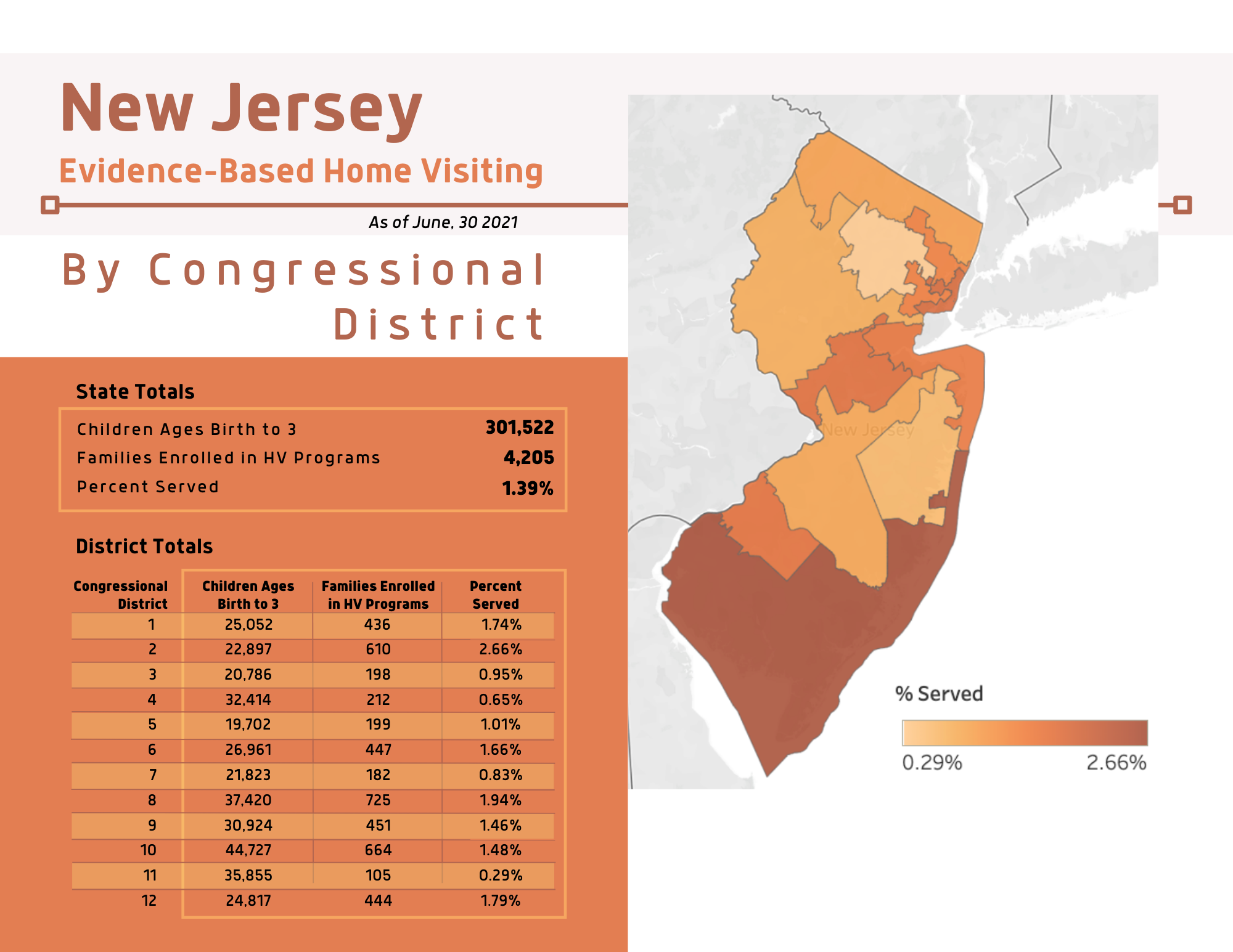Posted on March 21, 2022

Posted on March 21, 2022

Posted on March 18, 2022
Posted on March 11, 2022
On Tuesday, New Jersey Governor Phil Murphy delivered his sixth state budget address—the first in two years before a full audience at the Statehouse, and outlined his major initiatives for the 2023 budget in order to move New Jersey towards becoming a “stronger, fairer and more affordable” state. Read budget in brief.
While the centerpiece of the Governor’s $48.93 billion proposed budget includes $900 million in property tax relief, his speech also included funding increases to programs that will support children and their families. Highlights of these increases include:
Unfortunately, the speech made no mention of how the proposed budget would address the child care crisis, which impacts working families, particularly mothers, who need to return to the workforce and the child care programs themselves, as they continue to struggle to remain open.
As more details emerge, we will provide updates to ensure that children have a voice in this budget process.
Posted on February 28, 2022
Para ver este video con subtítulos en español, ponga el cursor en la parte inferior del video, seleccione subtítulos ![]() y en la configuración
y en la configuración ![]() seleccione "subtitles" y luego "auto-translate" y finalmente el idioma.
seleccione "subtitles" y luego "auto-translate" y finalmente el idioma.
Advocates for Children of New Jersey (ACNJ) is conducting a survey to learn more about the availability of center-based infant-toddler child care in NJ. The findings will help advocates and policymakers better understand the issues and challenges of providing this type of child care and identify potential supports that could assist centers in serving this population. With the help of data and stories from providers like you, ACNJ has been able to successfully advocate for increased investments in child care.
The survey is to be filled out by licensed center directors and should take approximately 8 minutes to complete. Please complete the survey during the month of APril by clicking here. If you are the director of multiple centers, please complete one survey per center. All respondents will be entered into a raffle to win one of ten cash prizes of $500.00.
Posted on February 24, 2022
Newark Kids Count 2022 Release happening today March 22, 2022. Login begins at 9:15 am. If you registered used the link that was sent to you via zoom. If you have not registered, fill out he form below.
Join us on Tuesday, March 22nd, 9:30 AM for the virtual release of our 2022 Newark Kids Count report. We will take a dive into the data surrounding children in the largest city in New Jersey.

We also have the pleasure to announce that we will be joined by Senator M. Teresa Ruiz (D29), who has been a strong advocate for the wellbeing of children in New Jersey. Following a brief presentation by Health Policy Analyst and Youth Engagement Coordinator Alana Vega, we will welcome a panel of Newark parents and other stakeholders to discuss what this information means for them, including a live Q&A session.